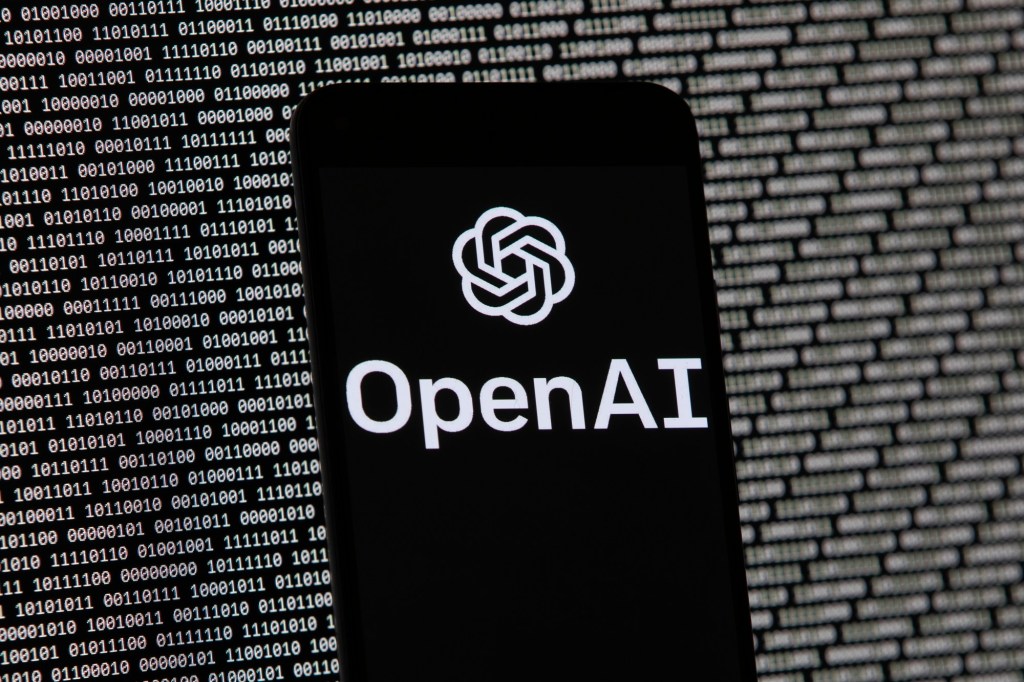Copyright Controversy: AI’s Use of News Content and National Security
Recent developments have brought significant tension between major tech companies like OpenAI and Google, and traditional media organizations over copyright issues. The controversy centers around allegations that these tech giants have leveraged news content without proper permission or compensation, claiming this action is essential for national security against competitors like the Chinese Communist Party (CCP).
The Argument for AI and National Security
On a recent occasion, OpenAI submitted a statement to the federal Office of Science and Technology Policy, asserting that the United States must enhance its artificial intelligence capabilities to counter threats from the CCP. The company stated, “With a Chinese Communist Party determined to overtake us by 2030, the Trump administration’s new action plan can ensure that American-led A.I. built on democratic principles can prevail over CCP-built, autocratic, authoritarian AI.”
Claims of Democratic Principles or Theft?
Despite OpenAI’s assertions regarding promoting democracy through technological advancements, critics argue that the company’s practices reflect a more troubling reality of intellectual property theft. The editorial response from various news organizations, including The San Diego Union-Tribune and The New York Times, contends that the alleged copyright infringement—from extracting millions of articles without authorization—represents a significant breach of established copyright law.
Historical Context: The Role of Copyright
This situation calls into question the long-standing principles of copyright that have historically protected the labor and creativity of journalists. Just as printing presses did not expropriate the work of journalists but instead disseminated it, advocates for copyright protection argue that current tech practices should respect the labor that underpins news reporting.
Potential Consequences for Creative Industries
A reduction in copyright protections could prove detrimental not only to news organizations but also to all forms of creative expression, including literature, theater, and visual arts. Such changes could undermine the incentive structure that allows diverse content creation to flourish. The editorial warns that eroding these legal safeguards would have vast implications for the rights of artists and creators.
A Call for Action
Critics of OpenAI’s approach urge the government to reject proposals aimed at diminishing copyright protections. The stance is clear: securing appropriate permissions and fair compensation for content creators is vital. One commentator summarized this sentiment by highlighting that the commitment to safeguarding intellectual property is a cornerstone of American identity, distinguishing the U.S. from authoritarian regimes.
As the debate heats up, the need for a balanced framework that can foster innovation in technology while respecting intellectual rights emerges as crucial. The future of both the digital landscape and the rights of creators hangs in the balance.

